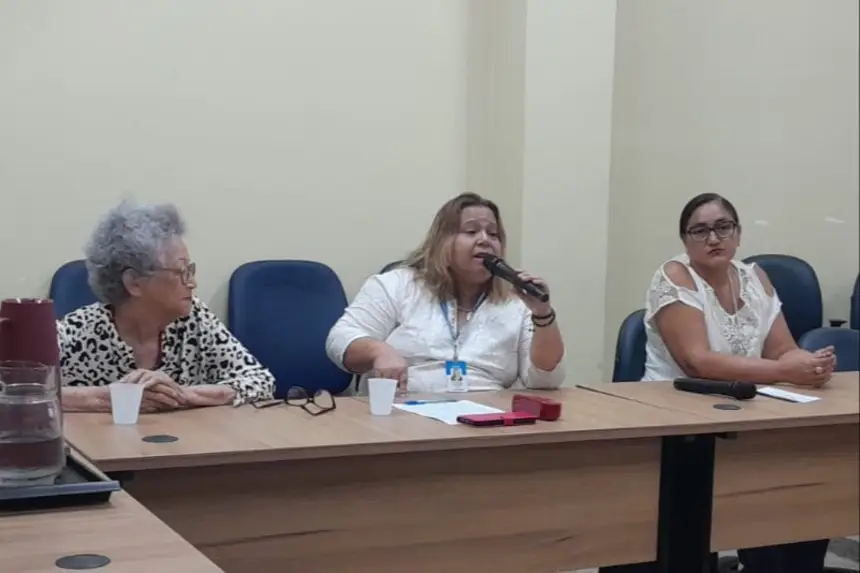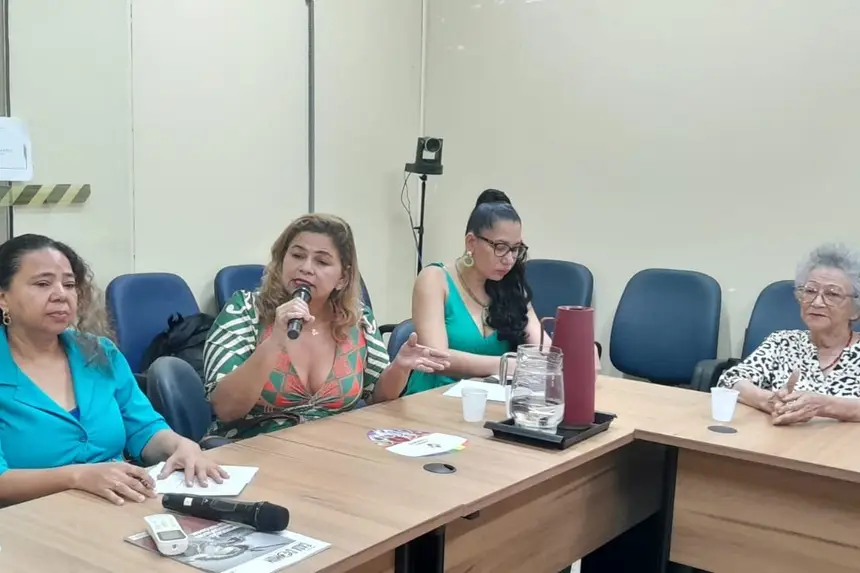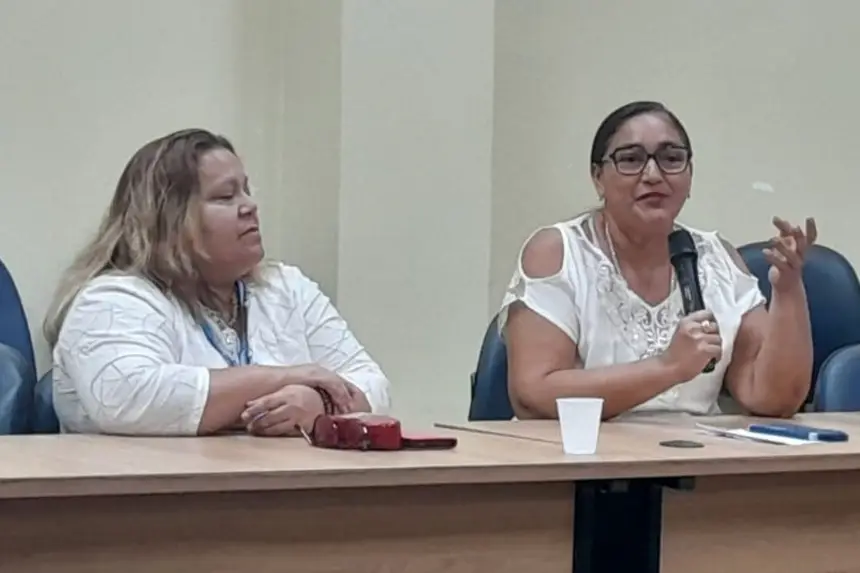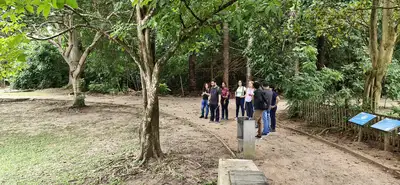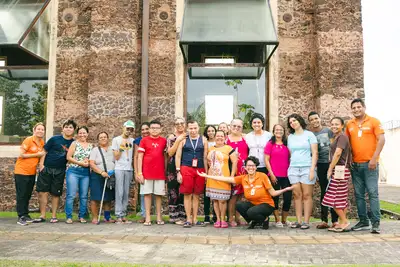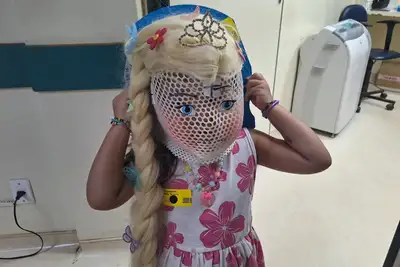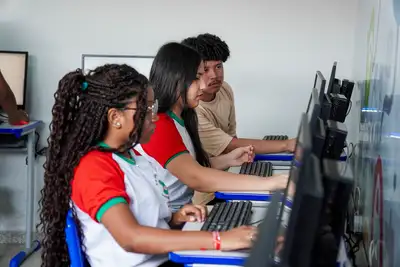Government discusses human rights and combating violence against the elderly in a conversation circle
Representatives of civil society and public authorities gathered to discuss more visibility for the topic
Physical, psychological, patrimonial, cyber violence, and many others are faced by elderly people today. To give visibility and debate the subject, the Secretariat of Racial Equality and Human Rights (Seirdh), together with the State Council for the Rights of the Elderly (CEDPI), held, on the morning of this Tuesday (24), at its headquarters, the conversation circle "June Violet: Human Rights and combating violence against the elderly."
The event took place in commemoration of the World Elder Abuse Awareness Day, June 15, established by the United Nations (UN) as a way to alert society about the various forms of violence that affect the elderly.
In addition to representatives from Seirdh and the Council, the "Conversation Circle" included representatives from the State Secretariat for Social Assistance, Labor, Employment and Income (Seaster); the Association of the Elderly of Pará (Assipa); the Brazilian Bar Association - Pará Section (OAB-PA); the Brazilian Society of Geriatrics and Gerontology (SBGG); and students from the Social Work course at the Federal University of Pará (UFPA).
Thus, it was possible to exchange experiences among the audience that discussed cases of prejudice, invisibility, and difficulties in accessing health services, among other forms of violence suffered by the elderly.
For the manager of Elderly Protection at Seirdh, Sílvia Tavares, the moment contributes to strengthening the policies and laws that involve these individuals. "There is a general lack of interest in the subject, however, dialoguing in an intersectoral way, calling on public agents capable of executing the laws is necessary," she emphasized.
Visibility - According to the 2022 Demographic Census of the Brazilian Institute of Geography and Statistics (IBGE), the elderly population in Brazil, aged 60 years or older, totals 32,113,490 people, representing 15.8% of the total population of the country. This number is 56% higher than that presented in the 2010 census.
However, in Pará, according to Disque 100 (a free and confidential telephone service for reporting human rights violations), reports of violence against the elderly have almost doubled in recent years, rising from 1,520 to 2,811 between 2020 and 2024. Between January and May of this year, 1,229 occurrences were recorded. This data was presented at the event by UFPA Social Work students Amanda Medeiros and Daniel Sousa, who gave a presentation on the topic.
In this regard, the vice-president of CEDPI, Ana Cunha, highlighted that the elderly need to be heard and feel proactive to contribute to discussions about better public policies for this population. For her, moments like the "Conversation Circle" are necessary to guide the actions of the Council.
"I found this event important because we had the opportunity to discuss the violence, to really feel that we are being heard, because we were heard, elderly people were heard and this makes the Council, of which I am a representative, have a plan to combat these violences," said the vice-president.
Text: Fernanda Graim, advisor of Seirdh


